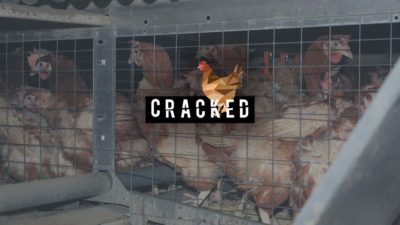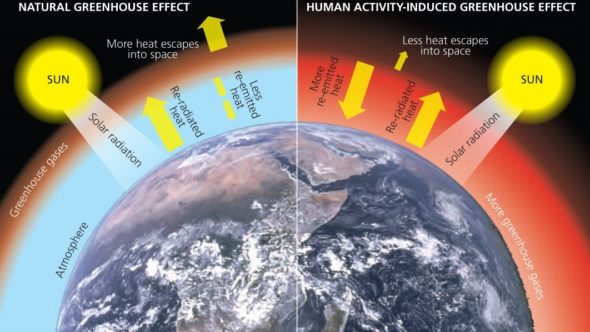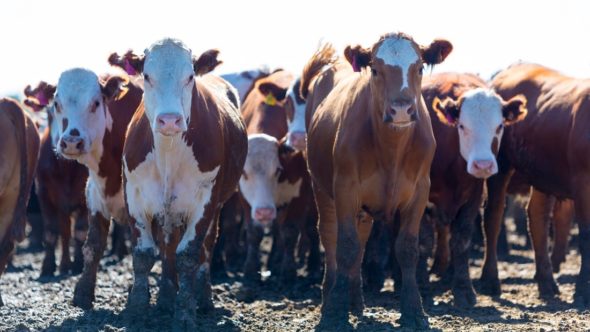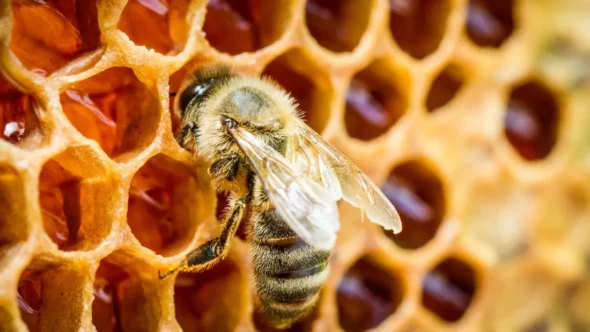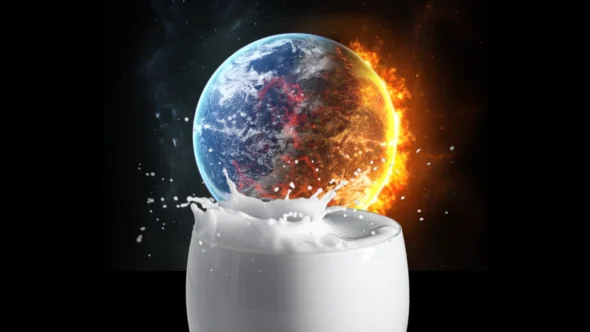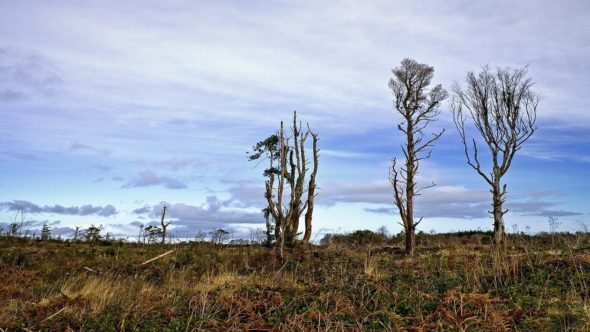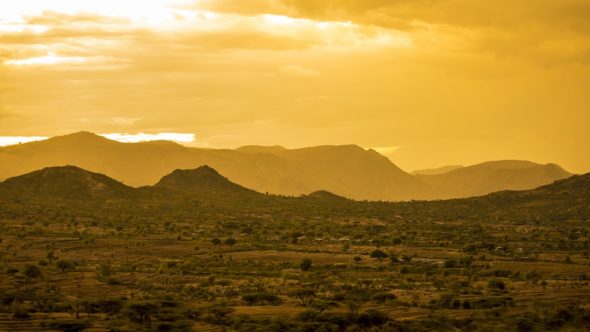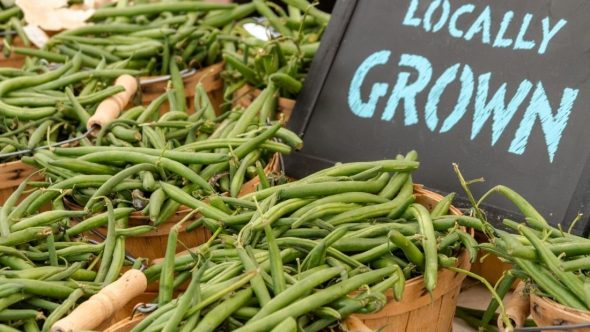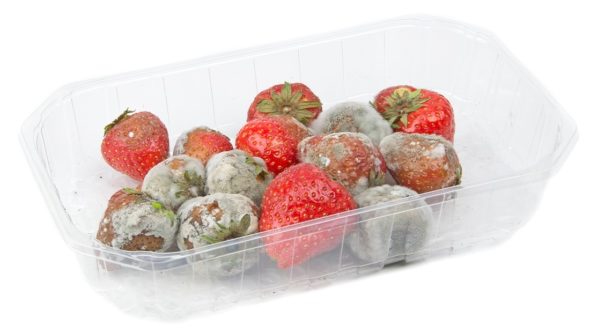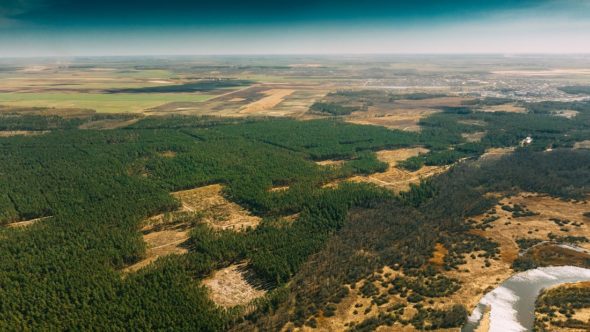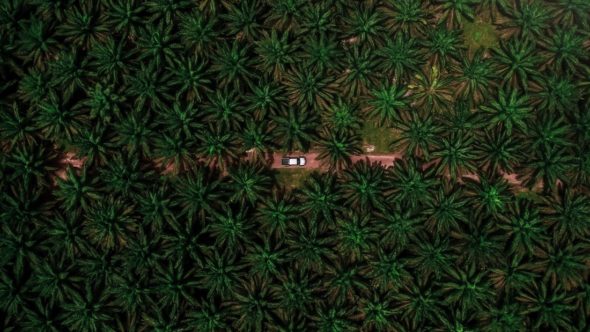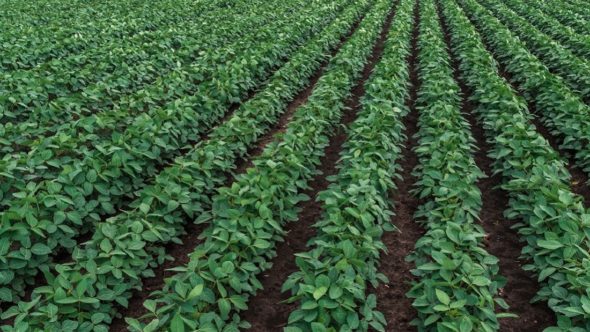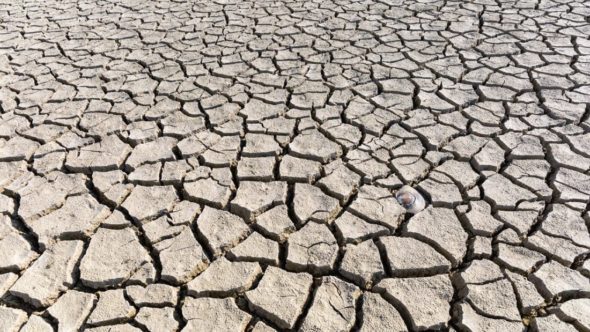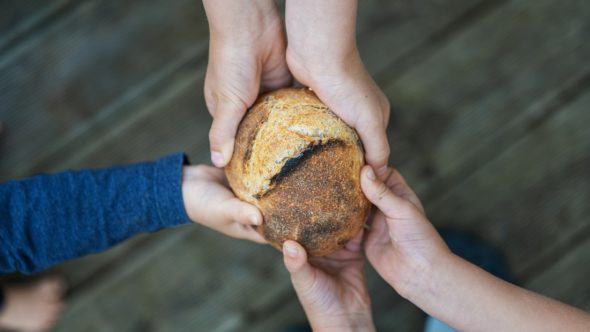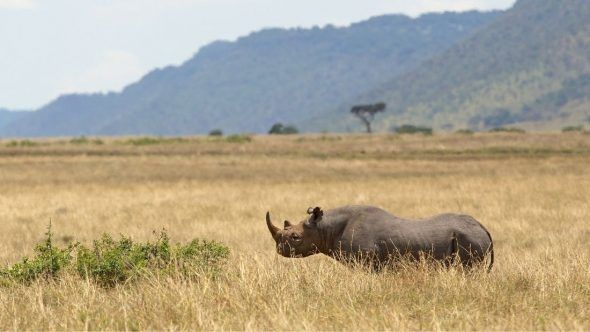The Issues
Climate Crisis
Global warming isn’t a prediction, it’s happening around us right now and livestock farming lies at the heart of it. Your dietary choices can either be part of the problem or part of the solution in addressing the climate crisis.
Air Pollution
Most people assume that industry and transport are the main causes of air pollution, but agriculture is actually the single biggest cause of air pollution in Europe.
Almonds, avocados and bees
Vegans don’t eat honey because it’s not ours to take, bees make it to feed themselves during the winter. While almonds and avocados are plant foods and are therefore considered vegan, there is an ethical issue linking these foods with bees.
Why dairy damages the environment
Plant-based milks have a much lower impact on the environment than cow’s milk but did you realise just how harmful dairy is?
Deforestation
Animal agriculture is the biggest driver of deforestation as forests are cleared to make way for growing animal feed and grazing.
Desertification
Around one-quarter of the world’s land is turning into desert driven by climate change and the expansion of livestock farming; switching to a vegan diet would stop this relentless assault on the world’s soils and permit recovery.
Food Miles
Is it better to eat local or vegan? We explain the pitfalls of relying on food miles to guide your eating and explain why going vegan is the most effective way to lower the environmental impact of your food.
Food Waste
Around 700 million people around the world go hungry every year, and it’s estimated that a staggering three billion people cannot afford a healthy diet; yet we throw a huge amount of food away.
World Hunger
One in nine people in the world today are undernourished, yet we feed around a third of our global crop production to animals. If we cut out the middleman and ate the crops ourselves, instead of feeding them to animals, we could feed an additional four billion people.
Wildlife Loss
One million species are now at risk of extinction while three-quarter of the world’s food comes from just 12 plants and five animal species.

